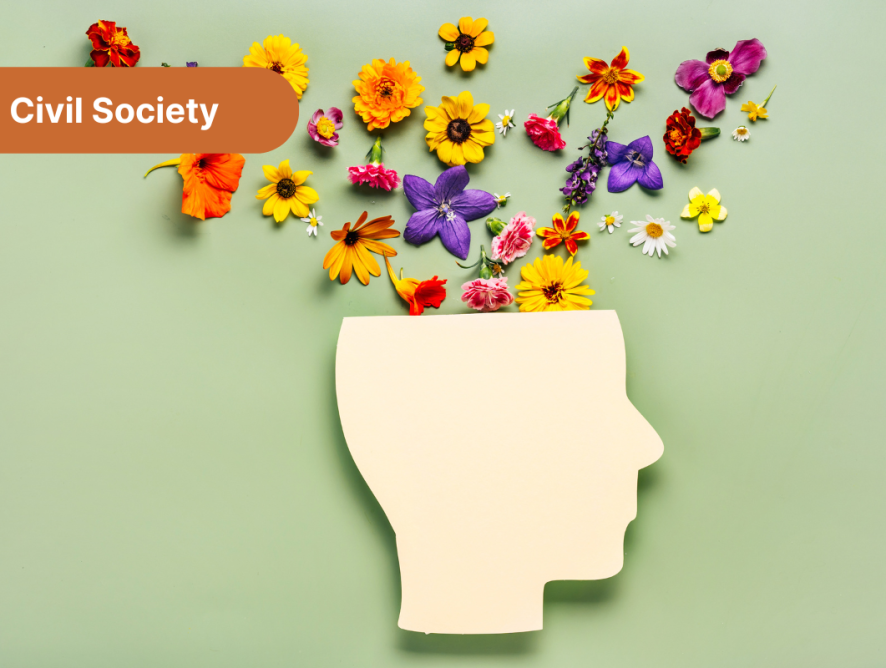During Mental Health Week, INACH highlights a truth that too often goes unspoken: hate speech doesn’t just offend, it harms. Behind every slur, threat, or demeaning post lies a human being who feels its weight. The mental and emotional consequences of hate speech are profound and lasting, affecting individuals’ sense of safety, belonging, and self-worth.
The psychological cost of hate
Exposure to online hate speech whether as a direct target or as part of a stigmatized group can cause anxiety, depression, self-isolation, and chronic stress. Victims often report feeling unsafe both online and offline, as digital abuse spills into real-world fears and behaviors.
Studies show that repeated exposure to hate speech reinforces feelings of powerlessness and alienation, especially among marginalized groups. It can trigger trauma responses similar to those experienced by people who have faced in-person harassment or violence. In online spaces, the scale and anonymity of hate amplify the harm, making recovery even harder.
Hate speech erodes social trust
Beyond individual pain, hate speech corrodes the fabric of communities. It normalizes prejudice, discourages civic participation, and silences voices that are already underrepresented. When people withdraw from online discussions or self-censor to avoid attacks, the result is a less diverse, less democratic digital public sphere.
This cumulative impact is not abstract, it’s psychological. When a society tolerates hate speech, it fosters collective anxiety, polarization, and emotional fatigue. What begins as words online ends up shaping how people perceive themselves, their communities, and their right to exist safely.
Recognizing the right to feel safe
At INACH, we view combating hate speech as both a human rights issue and a mental health imperative. Every effort to counter hate, whether through reporting mechanisms, education, or policy reform contributes to a healthier, more compassionate digital environment.
As the EU’s default watchdog for monitoring the Code of Conduct on Countering Illegal Hate Speech Online, INACH calls for stronger collaboration between mental health professionals, educators, and digital rights advocates. Protecting individuals from the psychological harm of hate must be integral to how we design online spaces and how we enforce accountability.
This Mental Health Week, let’s remember:
Hate speech is not “just words.” It can traumatize, isolate, and silence. Combating it protects not only dignity and equality, but also mental wellbeing. A safer internet is a healthier one. Because words can wound, but they can also heal. And every act of empathy, online or offline, is a step toward collective mental resilience.
Written by Despina Kovacevska (Metamorphosis Foundation)
